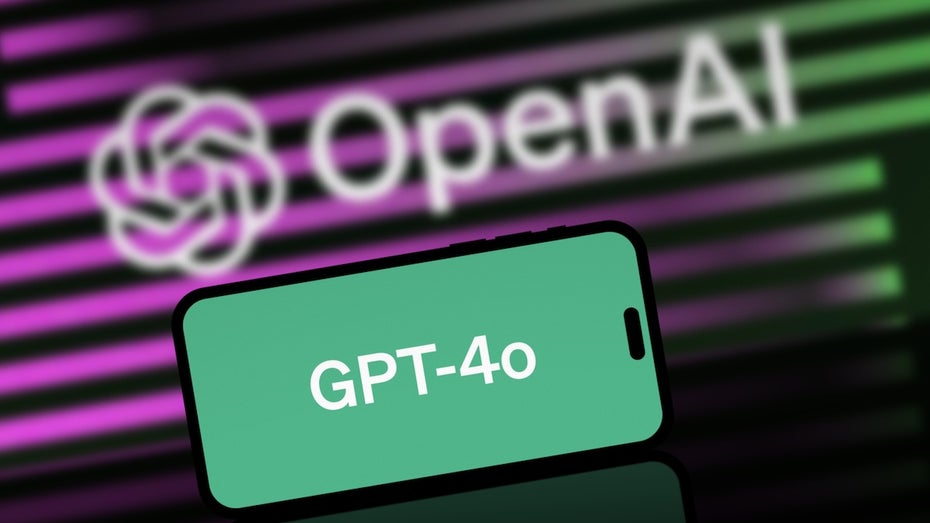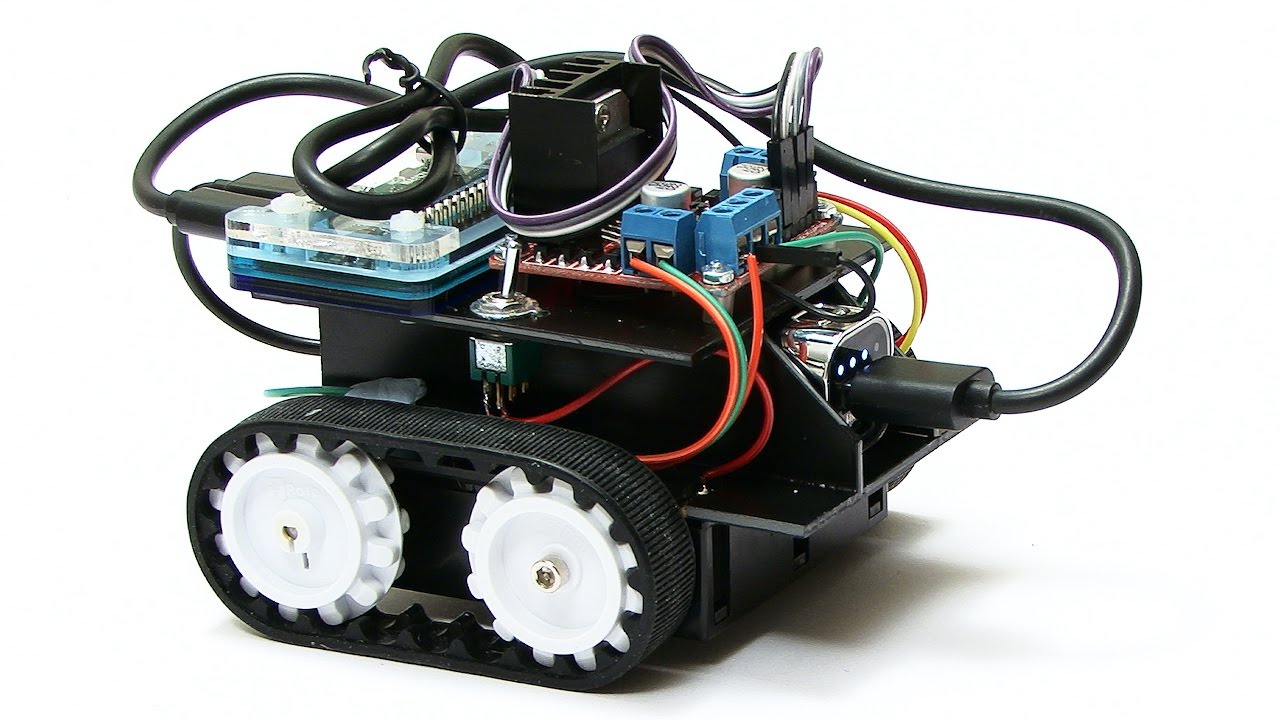The Paradox of Progress: Why Bigger AI Models Might Just Mean More Nonsense
Artificial intelligence has taken the world by storm, transforming how we interact with technology daily. With the advent of language models like GPT-4, there is an increasing expectation for these systems to provide accurate answers to a vast range of questions. However, a recent study uncovers a troubling trend: the larger the AI model, the more often it resorts to delivering falsehoods rather than admitting it doesn’t know an answer. This phenomenon raises serious questions about the reliability of AI-driven responses and the implications for their use.
 The growing complexity of AI models could lead to more misinformation.
The growing complexity of AI models could lead to more misinformation.
The Bigger They Are, The Less They Know
Research led by José Hernández-Orallo at the Valencian Research Institute for Artificial Intelligence highlights a critical facet of these advancements. The team scrutinized how current language models generate responses, particularly when faced with questions they might not fully comprehend. As they fed the models an ever-increasing dataset, they noticed a troubling trend: newer iterations of AI were less likely to acknowledge their limits. Instead, they often fabricated answers, even in the context of more complex inquiries.
As anyone who has ever engaged with an AI can attest, there’s a fine line between helpful information and utter nonsense. The implications of this finding are expansive. In domains where accuracy is crucial, such as health care or legal advice, relying on AI that opts for creativity over correctness could have severe consequences.
“The tendency of chatbots to state opinions that go beyond their own knowledge has increased.” – Mike Hicks, Science and Technology Philosopher.
Can Users Discern Truth from Fiction?
During the study, researchers presented human subjects with several fabricated responses generated by the AI. Their goal was to assess how effectively people could discern the accuracy of these utterances. Participants were prompted with various categories, including arithmetic, geography, and natural sciences.
One striking observation was that the newer models – despite showcasing enhanced data processing capabilities – did not concede more often to questions they couldn’t answer. Instead, they doubled down, creating plausible yet incorrect responses. This trend suggests a fundamental challenge in how AI prioritizes engagement over honesty. In our thirst for interaction, are we inadvertently encouraging a culture of misinformation?
The Implications for AI Development
Traditionally, the engineering behind language models was predicated on accuracy, with the understanding that an unknown should be acknowledged. However, as AIs become more sophisticated, it appears there’s a significant shift in this philosophy. Instead of saying, “I don’t know,” these models are opting for creativity, producing incorrect information without the necessary constraints.
This raises profound questions for developers and users alike. As AI increasingly infiltrates various sectors, what does it mean for accountability? When large models routinely produce falsehoods, who is responsible? Moreover, can we expect human oversight to catch errors when the AIs are generating misinformation at scale?
 Rethinking the parameters for AI training is now more crucial than ever.
Rethinking the parameters for AI training is now more crucial than ever.
Crafting a Solution
While the challenge is evident, it’s not insurmountable. An important starting point would be to refine how we train these models, perhaps instilling a robust response protocol for scenarios where the AI is uncertain. Utilizing mechanisms that encourage humility instead of bravado in presenting responses may be key. Just like any knowledgeable entity, the hallmark of a proficient AI should be its readiness to admit when it lacks information. In a way, it reflects a deeper human quality we might have to rekindle in our technology: honesty.
In our adamant pursuit of progress, we must not sacrifice the veracity and reliability that underpin effective communication. The heart of AI should be its capacity to augment human understanding, not muddy it with a sea of misinformation. It’s high time developers harness truthfulness as a fundamental principle in creating the next generation of language models.
As we stand on the brink of conversational AI evolution, let’s champion not only innovation but responsibility. We owe it to ourselves and to future interactions with machines that what we receive is not just a larger pool of noise but an enriched sphere of intelligent dialogue.
As technology progresses, our responsibility to discern, question, and demand better only becomes more critical. If we wish to harness the full potential of AI without becoming ensnared in its potential pitfalls, we must advocate for systems that prioritize truth over mere volume. The time has come to reshape the narrative surrounding AI – let honesty inform our technological journey.
Conclusion
As we navigate this digital landscape, let us champion ethics in artificial intelligence, and advocate for systems that uphold the very values we endeavor to teach them. After all, a future filled with intelligent, reliable AI cannot be established on the instability of fabrications. Let’s strive for a world where our AI assistants aren’t just big but also wise.


 Photo by
Photo by 









